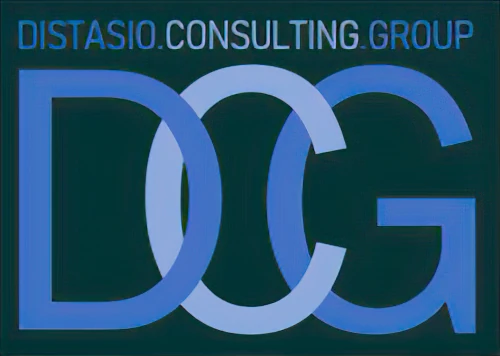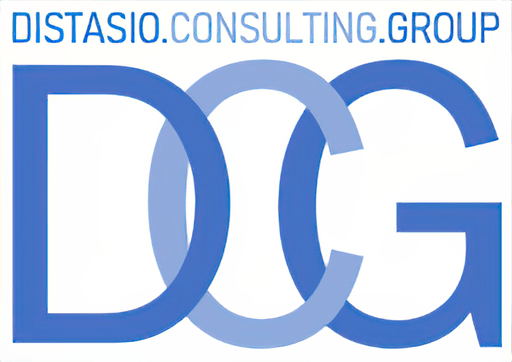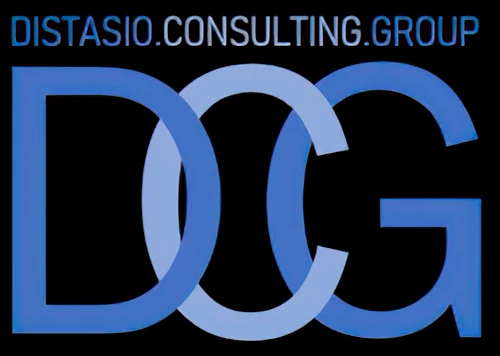Many companies are pursuing AI initiatives to unlock value from their data. But, to date, most focus on structured data like transaction records or customer info. The vast troves of unstructured data generated from documents, emails, chats, social media, and multimedia remain an untapped asset. Unstructured data represents 80% of all enterprise data, and it could transform your AI capabilities. Simply put, unstructured data is the new gold for AI. New tools to mine, manage, and protect it will unleash exponential insights and impacts for all that are able to leverage it. We are entering a data revolution that will fulfill the long-awaited promise of analytics.
Unstructured data provides rich, contextual information that enables more accurate predictions, hyper-personalization, and higher-value insights. For example, analyzing customer support tickets, survey responses, or product reviews provides a nuanced voice-of-customer view. Processing payment narratives detects financial crimes. Mining CT scan reports improves healthcare diagnoses.
But unstructured data requires specialized techniques like NLP, video analysis, and object recognition to extract insights. The variety and ambiguity make it challenging to process at scale compared to structured data. However, progress in deep learning and ML models tailored for unstructured data make this achievable.
The emergence of AI to generate insights from unstructured data has broad implications for tech partnerships across many industries:
- It creates opportunities for cloud providers to offer AI services to parse and analyze unstructured data like documents, emails, chats, images, videos, and more.
- There is potential for partnerships between AI/NLP companies and enterprise software vendors to embed intelligence into CRM, ERP, BI tools to “structurize” unstructured data.
- Companies specializing in data extraction, scraping, and aggregation may partner with AI firms to combine structured and unstructured data sources.
- In healthcare, it provides a new opportunity to leverage AI to derive additional value from existing clinical data like radiology reports, pathology results, clinician notes, etc.
- In retail, AI can help analyze customer reviews, feedback, social media to derive insights not captured in transactional data.
- For financial services, AI can read earnings reports, news, filings to generate trading signals or risk alerts based on unstructured data.
- In manufacturing, AI can monitor machine sensor data, maintenance logs, operator checklists to predict equipment failures.
- AI can be applied across education, legal, government sectors to turn documents, forms, communications into structured data assets.
- Requirements will emerge for platforms, governance, and expertise to integrate AI across hybrid/multi-cloud environments.
Overall, AI is enabling businesses in every industry to amplify the value of unstructured data in new ways. This will drive partnerships between organizations looking to monetize proprietary data and AI companies providing the tools to structure and interpret it. Managing the ethical application of AI to different data domains will also be critical.
Here are some specific companies for the examples of leveraging unstructured data with AI that are just scratching the surface of this new potential:
Healthcare:
- Memorial Sloan Kettering Cancer Center partnered with Paige, an AI startup, to train AI models to analyze pathology slides and extract insights to support cancer diagnosis and treatment decisions. By structuring the unstructured pathology image data, they can better leverage this data to enhance patient care.
- Brigham and Women’s Hospital is using an AI platform called VERTA from GNS Healthcare to gain insights from genetic profiles, medical images, and clinician notes. By finding connections in the unstructured data, AI helps identify targeted treatments for complex diseases.
- PathAI applies computer vision to pathology slides to detect cancer cells and guide treatment plans.
Financial Services:
- JP Morgan uses NLP for earnings call analysis and investment research.
- Upstart trains ML models on loan applicant emails, income statements, and other documents to improve credit model accuracy.
- PayPal monitors customer support logs, social media, and online forums to detect fraudulent transactions.
E-Commerce:
- Stitch Fix uses computer vision to catalog clothing images and detect defects.
- Commerce.AI extracts value from unstructured data with Azure OpenAI Service
- 1-800-Flowers uses IBM Watson for conversational commerce with gift recipients.
With the right partnering strategy and implementation, your company could uncover game-changing patterns and opportunities. Unstructured data injects a valuable reality check into AI systems; it reflects genuine human narratives rather than sanitized structured data. Adding this contextual layer enables next-level AI sophistication. Don’t let your unstructured data remain in the dark. Doing so will keep you from realizing the incredible value of the digital assets you already own.
DiStasio Consulting Group offers fractional partner business development services including messaging and positioning workshops. We specialize in fostering strategic AI and cloud partnerships to drive business innovation and growth. Leveraging our expansive network and deep industry expertise, we create bespoke strategies that help clients form synergistic collaborations with the right partners. We are not just consultants but nurturers of long-term partnerships that evolve with your business and the technology landscape.
Schedule a free 30-minute consultation with one of our fractional business development executives, and take the first step towards unlocking your business’s potential through the power of partnerships.






